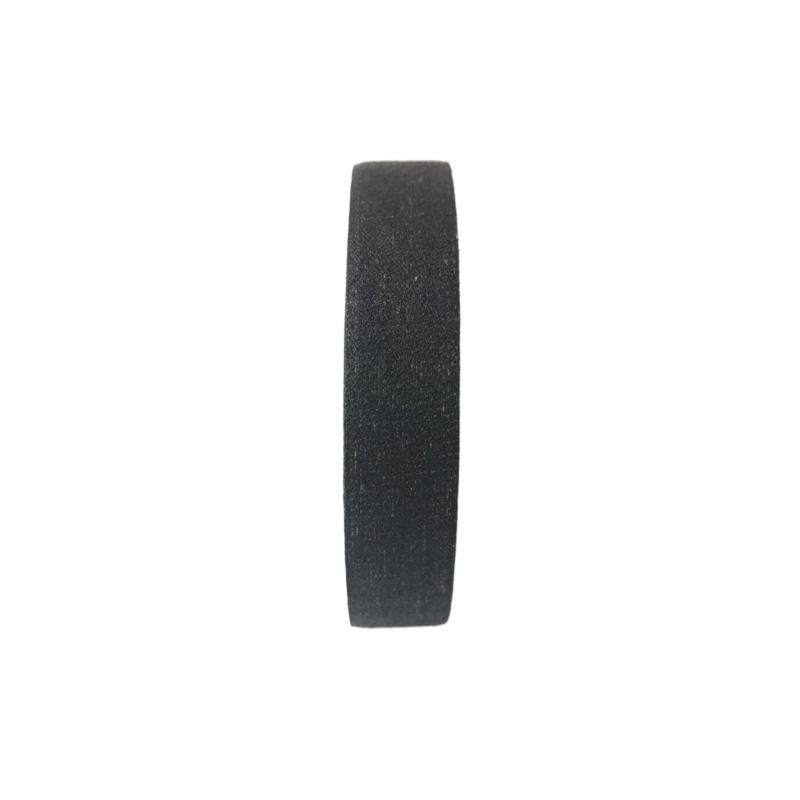The Importance of Insulation PVC Tape in Electrical Applications
Insulation PVC tape, commonly known as electrical tape, is an essential component in various electrical and electronic applications. This specialized tape is made from polyvinyl chloride (PVC) and is designed to provide insulation and protection for electrical wires and components. Its unique properties make it a staple in both professional and DIY projects, ensuring safety and reliability in electrical systems.
One of the primary advantages of insulation PVC tape is its excellent insulating capabilities. Electrical systems require insulation to prevent short circuits, electrical shocks, and unintended connections. PVC tape is a non-conductive material, which means it can effectively cover exposed wires and terminals, providing a safe barrier against electricity. This makes it particularly valuable for repairs, where protecting exposed wiring is crucial to prevent accidents.
The Importance of Insulation PVC Tape in Electrical Applications
Another significant benefit of insulation PVC tape is its versatility. It comes in various colors, allowing for easy identification and organization of electrical circuits. For example, using specific colors for different phases of wiring can help technicians and electricians quickly identify circuits during maintenance or troubleshooting. This color-coding system not only enhances safety but also improves efficiency in electrical work.
insulation pvc tape

In addition to its insulating properties, PVC tape is also known for its strong adhesion. This ensures that the tape remains securely in place, providing a reliable barrier against environmental factors that could compromise the safety of electrical connections. Its adhesive properties allow it to stick well to a variety of surfaces, including metal, plastic, and rubber, making it suitable for a wide range of applications beyond just electrical insulation.
When applying insulation PVC tape, it's essential to follow best practices to ensure maximum effectiveness. The tape should be wrapped around wires with overlapping layers, ensuring that no gaps are left exposed. Proper tension should be maintained during application to prevent the tape from peeling away over time. Additionally, it's important to cut the tape cleanly to avoid fraying, which can reduce its insulating effectiveness.
While insulation PVC tape is undoubtedly beneficial, users should also be aware of its limitations. It is not suitable for high-voltage applications or situations where extreme heat is present, as prolonged exposure to such conditions can degrade the tape's insulating properties. For high-voltage situations, specialized high-voltage tapes or heat-resistant materials should be used.
In conclusion, insulation PVC tape is a vital tool in the realm of electrical applications. Its excellent insulating properties, durability against environmental factors, and versatility make it indispensable for anyone working with electricity. Whether you are a professional electrician or a DIY enthusiast, having a roll of insulation PVC tape at your disposal can significantly enhance safety and reliability in electrical projects. As with all tools, proper usage and an understanding of its benefits and limitations will ensure that insulation PVC tape serves its purpose effectively, contributing to safer electrical systems overall.
-
XIANGFAN Rubber Tape-Ultimate Solutions for All Your Insulation NeedsNewsJun.24,2025
-
XIANGFAN Rubber Tape-Protection for Industrial and Residential ApplicationsNewsJun.24,2025
-
XIANGFAN Rubber Tape: Superior Safety and Sealing for Demanding EnvironmentsNewsJun.24,2025
-
XIANGFAN Rubber Tape: Reliable Solutions for Every Electrical ChallengeNewsJun.24,2025
-
XIANGFAN Electrical & Industrial Tape: Powering Reliability Across IndustriesNewsJun.24,2025
-
XIANGFAN Electrical & Industrial Tape: Excellence in Every ApplicationNewsJun.24,2025
